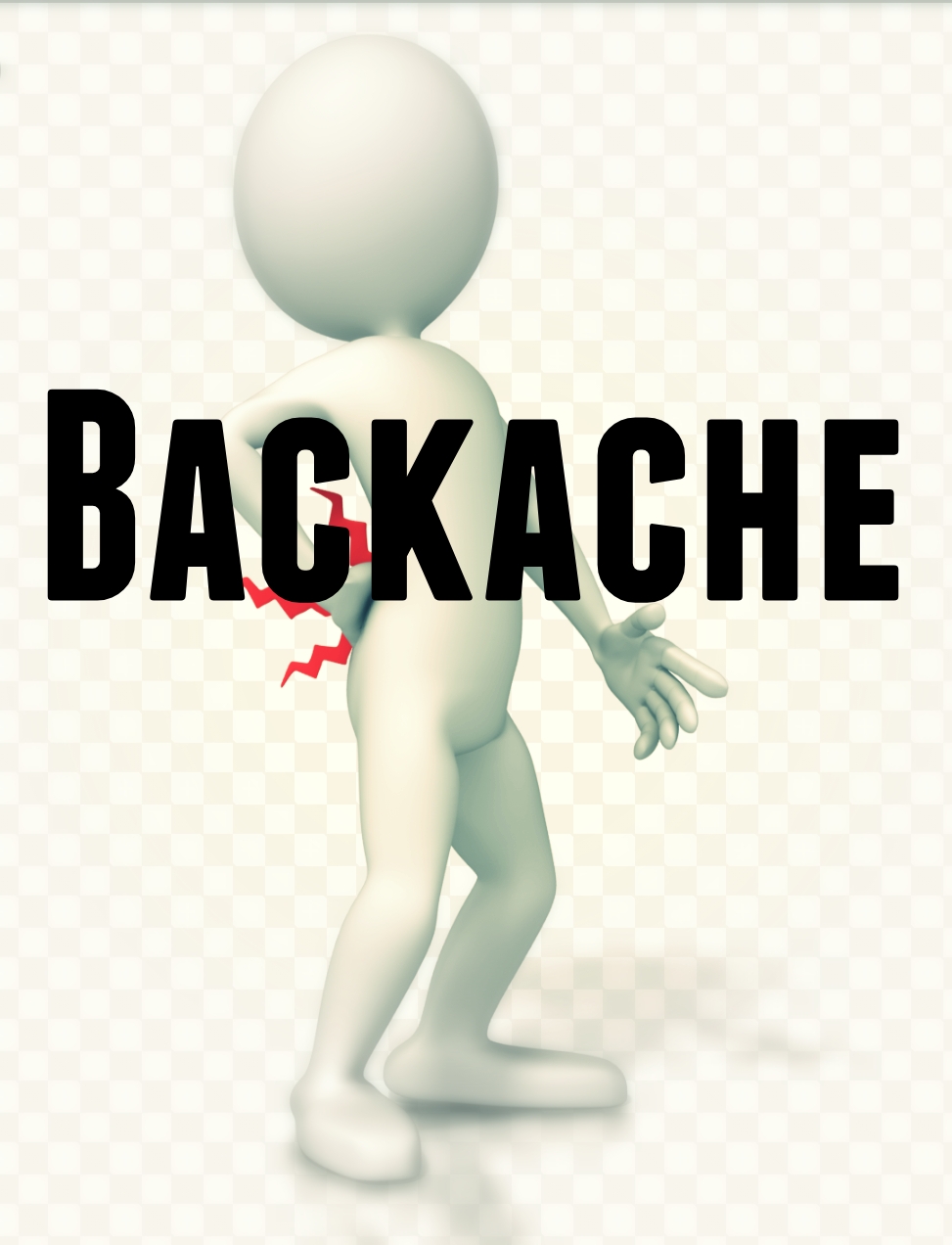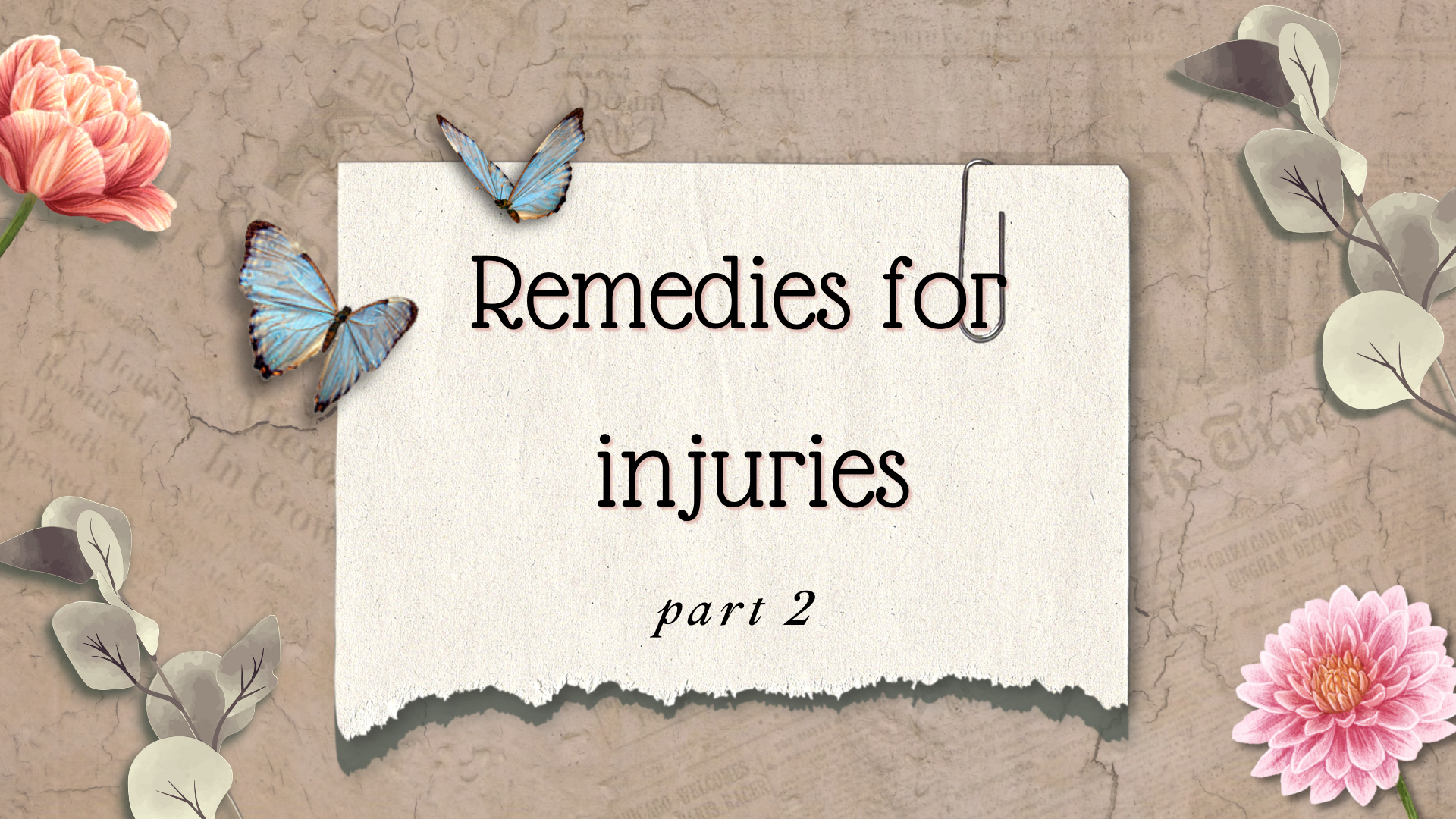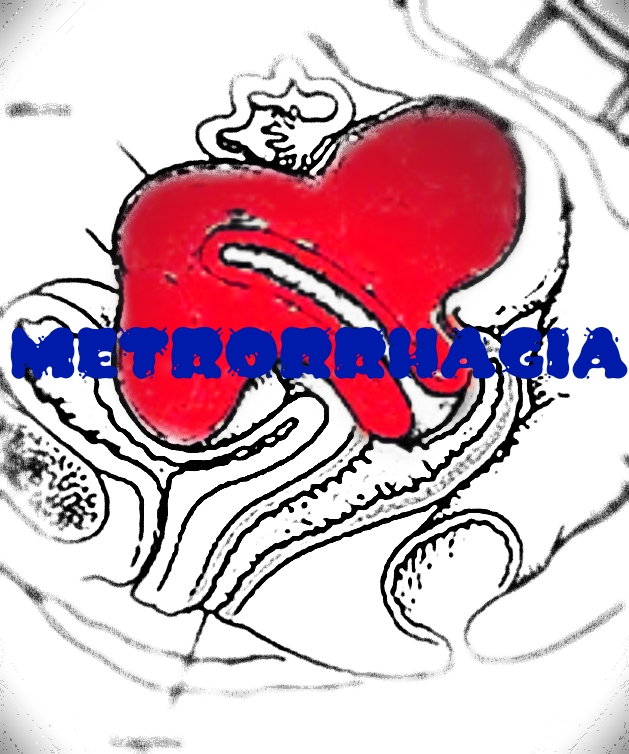Cicuta Virosa | Homoeopathic Drug picture | Homoeopathic Drug Shots
Cicuta Virosa Common name is Water Hemlock.
Kingdom : Plant Kingdom
Family : Umbelleferae
Prover : Dr. Hahnemann
CONSTITUTION
- Women subject to epileptic and choreic convulsions; spasms of teething children, or from worms.
CLINICAL INDICATIONS
- Puerperal convulsions : frequent suspension of breathing for a few moments, as if dead; upper part of the body most affected; continue after delivery.
- Epilepsy : with swelling of the stomach as from violent spasms of the diaphragm; screaming; red or bluish face; lockjaw, loss of consciousness and distortion of the limbs; frequent during the night; recurring, first at short, then at long intervals.
- When reading, the letters seem to turn, go up or down or disappear (Coc.).
- During dentition, grinding of the teeth or gums; compression of the jaws as in lockjaw.
- Abnormal appetite for chalk and indigestible things; for coal or charcoal; child eats them with apparent relish (Alum., Psor.).
- Etc.
PATHOGENESIS
- The action on the nervous system, producing spasmodic affections, viz., hiccough, trismus, tetanus, and convulsions , give the pathological picture calling especially for this remedy, whenever this is further characterized, by the more individual symptoms of the drug.
MIND
- Delirium, with singing, dancing and funny gestures.
- Everything appears strange and terrible.
- Confounds present with the past; feels like a child.
- Stupid feeling.
- Melancholy, with indifference.
- Epilepsy; moaning and whining.
- Vivid dreams.
HEAD
- Head turned or twisted to one side. Cerebro-spinal meningitis. Cervical muscles contracted.
- Vertigo, with gastralgia, and muscular spasms.
- Sudden, violent shocks through head.
- Stares persistently at objects.
- Convulsions from concussion of brain.
- Thick, yellow scabs on head.
- Head symptoms relieved by emission of flatus.
EYES
- When reading, letters disappear.
- Pupils dilated, insensible strabismus.
- Objects recede, approach, and seem double.
- Eyes stare.
- Pupils get behind upper lids as head inclines.
- Effects of exposure to snow.
- Spasmodic affections of eyes and its appendages.
- Strabismus; periodic, spasmodic after a fall or a blow.
EARS
- Difficult hearing.
- Sudden detonations especially on swallowing.
- Haemorrhage from ears.
FACE
- Pustules which run together forming thick, yellow scabs on face and head, corners of mouth and chin, with burning pain.
- Red face.
- Trismus; disposition to grind teeth.
THROAT
- Dry.
- Feels as if grown together.
- Spasms of oesophagus; cannot swallow.
- Effects on oesophagus from swallowing sharp piece of bone.
STOMACH
- Thirst; burning pressure; hiccough.
- Throbbing in pit of stomach, which has become raised to size of fist.
- Desire for unnatural things, like coal. [Alum.; Calc.] Indigestion, with insensibility, frothing at mouth.
ABDOMEN
- Flatulence with anxiety and crossness.
- Rumbling in.
- Distended and painful.
- Colic with convulsions.
RECTUM
- Diarrhoea in morning, with irresistible desire to urinate.
- Itching in rectum.
RESPIRATORY
- Chest feels tight; can hardly breathe.
- Tonic spasm in pectoral muscles.
- Heat in chest.
BACK AND EXTREMITIES
- Spasms and cramps in muscles of nape of neck, and spasmodic drawing backward of head.
- Curved limbs cannot be straightened nor straight ones bent.
- Back bent backward like an arch.
- Jerking, tearing in coccyx, especially during menses.
SKIN
- Eczema; no itching, exudation forms into a hard, lemon-colored crust.
- Suppressed eruption causes brain disease.
- Elevated eruptions, as large as peas.
- Chronic impetigo.
MODALITIES
- Worse, from touch, draughts, concussion, tobacco smoke.
RELATIONSHIP
- Antidotes : Opium; Arn.
- Compare : Cicuta Maculata – Water Hemlock – (Effects very similar; the most prominent symptoms being; Falls unconscious, tetanic or clonic convulsions. Body covered with sweat. Consider in epilepsy and tetanus. Tincture and lower potencies.) Hydrocy. acid; Con.; Oenanth.; Strychnia; Bellad; Hyper., Nux, Strych.
DOSE
- Sixth to two hundredth attenuation.







